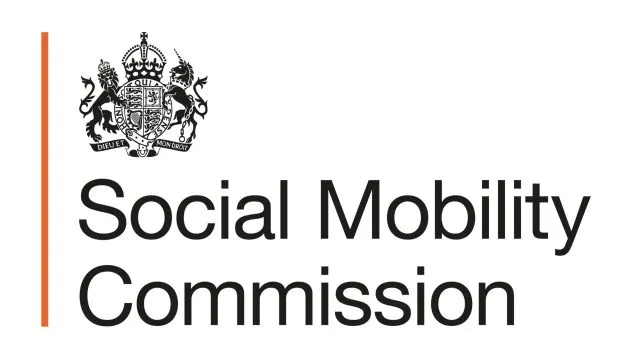Foreworld
This year’s Social Mobility Barometer gives a clear message to the new Government. It shows that more than half of people feel that government does not give enough support to those who are struggling or to the least well off. It should be doing much more both at national and local level, they say.
The Barometer is an annual survey of around 5,000 people from across the nation. People’s own experiences and perceptions can often give a sharper insight than research and statistics. Last year it exposed deep pessimism among young people about their futures and a feeling that it was becoming harder for those from working class backgrounds to get on in life.
This year it reveals stark regional differences in attitudes to social mobility – as those in the North, the Midlands and the South West feel more left out. Whilst 78 per cent of respondents in London felt there were good opportunities for people to progress in their region, only 31 per cent did in the North East, 37 per cent in Wales, and 47 per cent in the South West.
In our Commission’s first year our geographic focus has been the North with regional visits to the North East and the North West. We are beginning to work with these areas and others in the South and South West to identify which interventions make a real difference on the ground. We will continue to invest our time and attention in our country’s cold spots, places where sustained under investment has hurt the opportunities of both young and old.
The Government should also think about how it can go further with devolving the powers and funding to regions that allow cities to implement social mobility interventions. Regions should be able to plan their investment in skills, training and access to leisure, culture and sport.
This year the Barometer reveals a worrying divide between opportunities in education and what follows – work, income and job security. Overall 63 per cent of people felt they were better off than their parents in terms of the education they had received, but only 45 per cent felt they had a better standard of living. Less than a third felt they had better job security.
This suggests that the focus on improving educational opportunities may have started to pay off but much more attention is needed on training, jobs, and pay levels.
The majority of people continue to feel there are fewer opportunities for people from disadvantaged backgrounds compared to better-off peers. Almost half of people (44 per cent) say that where you end up in society is largely determined by your background, while twice as many people feel it is becoming harder rather than easier to move up in society.
This poll is a ‘call to action’ for this new Government to do more to help social mobility. Politicians must listen to it. This is a great moment to start reversing inequities of generations. People must be given equal chances in life. We can help make it happen.
